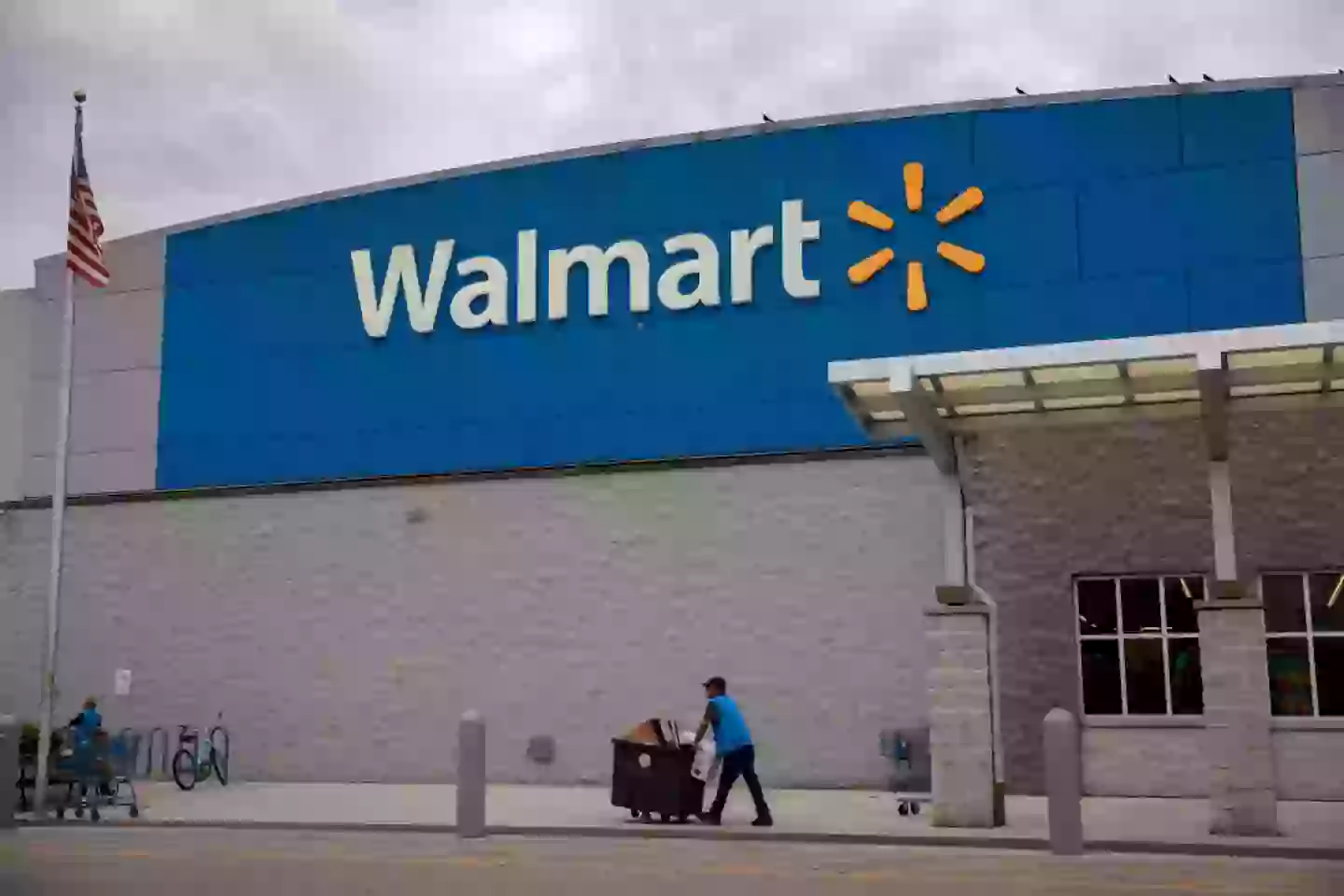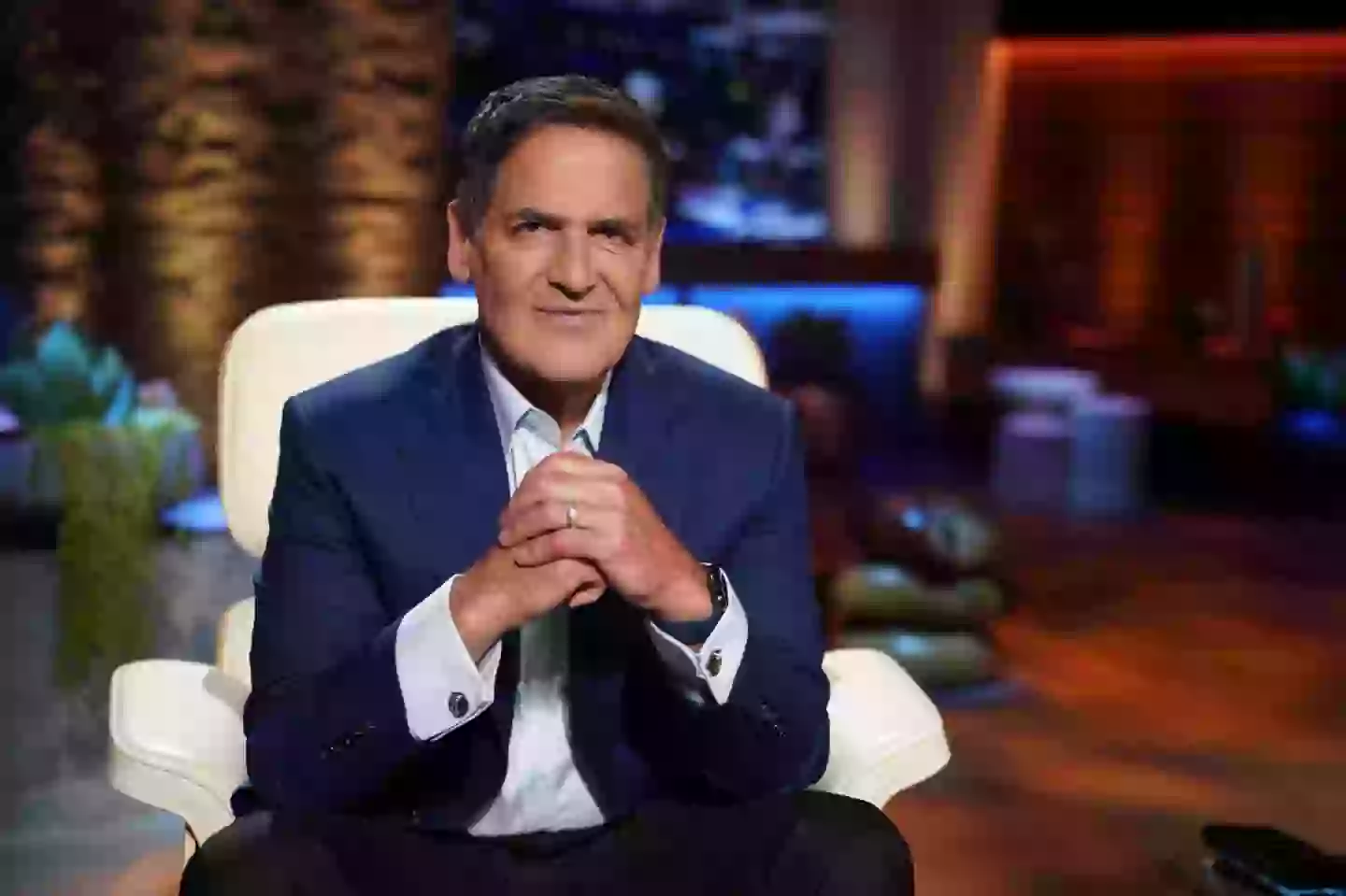Mark Cuban, the billionaire and investor on ABC’s Shark Tank, has advised people to visit Walmart before new tariffs announced by Donald Trump take effect, warning that these tariffs could influence prices.
Trump declared a ‘base’ tariff of 10 percent targeting countries like the UK, Australia, and New Zealand. This tariff will be paired with higher custom tariffs for nations identified by Trump as significant trade ‘offenders.’ Everyday goods such as alcohol, coffee, and automobiles are projected to be impacted when the tariffs are enacted this month. Cuban pointed out that the rise in prices might not solely be due to tariffs.
On the social media site Bluesky, Cuban advised the public to visit ‘the local Walmart or big box retailer’ without delay.

Cuban stated: “It’s not a bad idea to go to the local Walmart or big box retailer and buy lots of consumables now. From toothpaste to soap, anything you can find storage space for, buy before they have to replenish inventory.” He expressed concern that companies might exploit the tariffs to justify raising prices: “Even if it’s made in the USA, they will jack up the price and blame it on tariffs.”
This sentiment mirrors warnings from other experts about products likely to see price increases. Dr. Sung Won Sohn from Loyola Marymount University highlighted that perishable goods and beverages like tea and coffee may experience immediate price changes.
Sohn told The New York Post, “We import 80% of avocados that we consume in America and those are perishable items, so they will be more expensive immediately.”

On a different note, some experts caution against panic buying, assuring that items will remain available post-tariffs. Lawrence Sprung, a financial planner from Long Island, noted to NBC New York: “At the end of the day, [consumers] will be able to get the goods they need or want, but [may] need to pay more for them at a later date if the tariffs are implemented.”
Catherine Irby Arnold from U.S. Bank emphasized understanding what consumers can control. While they can’t manage product prices, they can decide their spending, focusing on necessary expenses to manage increased costs on essential items.

